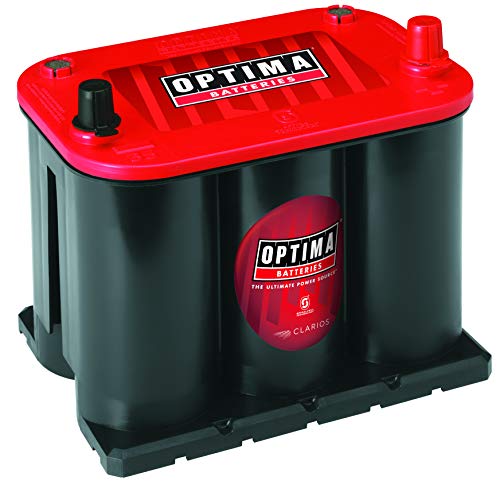Continue reading as we discuss in more detail why these problems occur and what could be the best possible solutions to get your truck up and running again. At the end, we suggest other interesting articles that will surely be helpful in your vehicle-related questions. Let's start!
What would cause a Ford F-150 to not start? (How to Fix It)
Your truck not starting could prevent you from getting where you need to go.Let's delve into why your Ford F-150 is cranking or turning over but not starting.
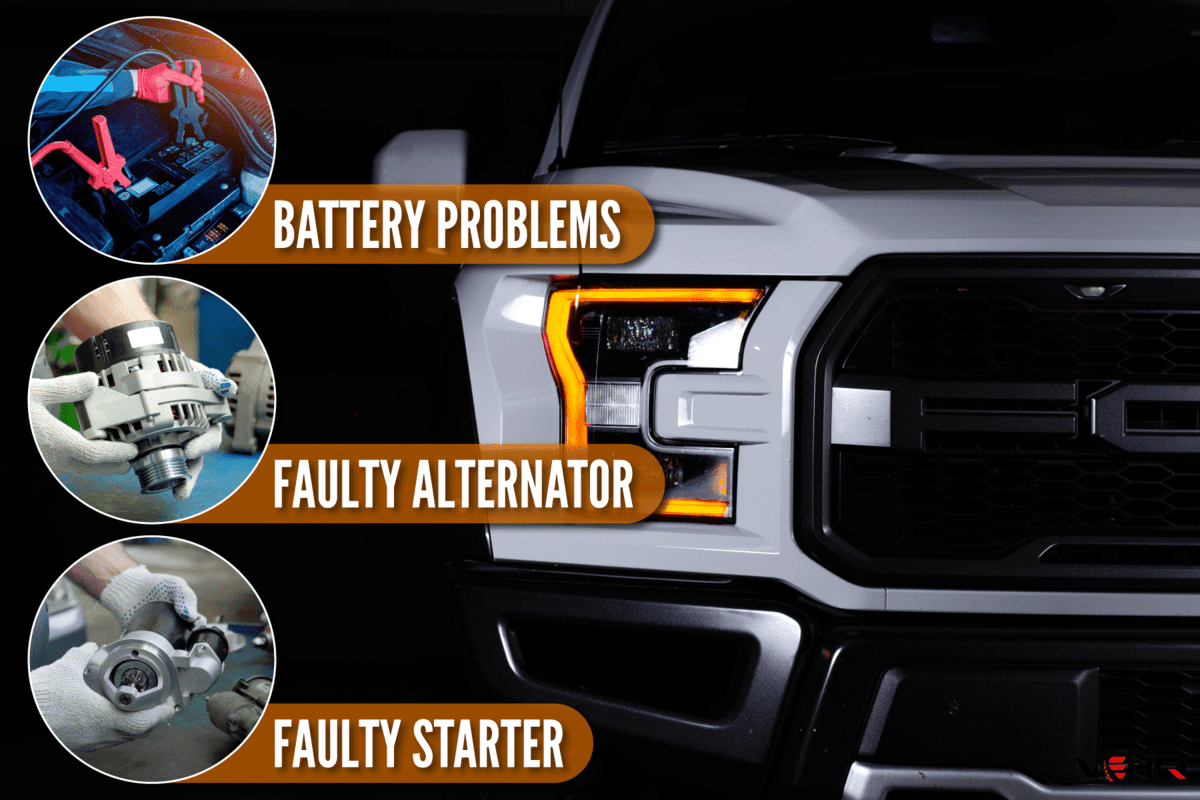
Battery Problems
If your F-150 suddenly refuses to start and only cranks, your prime suspect should be the battery. Car batteries typically have a shelf life of between three to six years.
The battery brand can also contribute to how long the battery will last in real-world performance, as some battery brands just simply outperform others. If your battery is already near the shelf life or exceeds it, it is likely the reason why your truck won't start.
But this is not always the case. Sometimes, the battery is not the problem but the cables connected to your battery and the terminal. Your positive and negative cables could wear through time due to either acid build-up from corrosion or dust build-up, affecting the battery's electricity transfer to the starter.
Avoiding Battery Issues
To avoid this problem, properly maintain your battery. Keep track of how long you have had the battery. From time to time, check your battery's terminal connection for corrosion and dust build-up. Inspect if there are any cable housings to be replaced, as these wear out over time.
Avoid prematurely draining the battery by making sure that you are not using any electrical functions of your vehicle while it is not running. These include leaving your headlights on, turning the AC on, and leaving the cabin lights on for long periods. Such habits will quickly lead to a drained battery cell.
Replacing Batteries & Maintaining Terminals
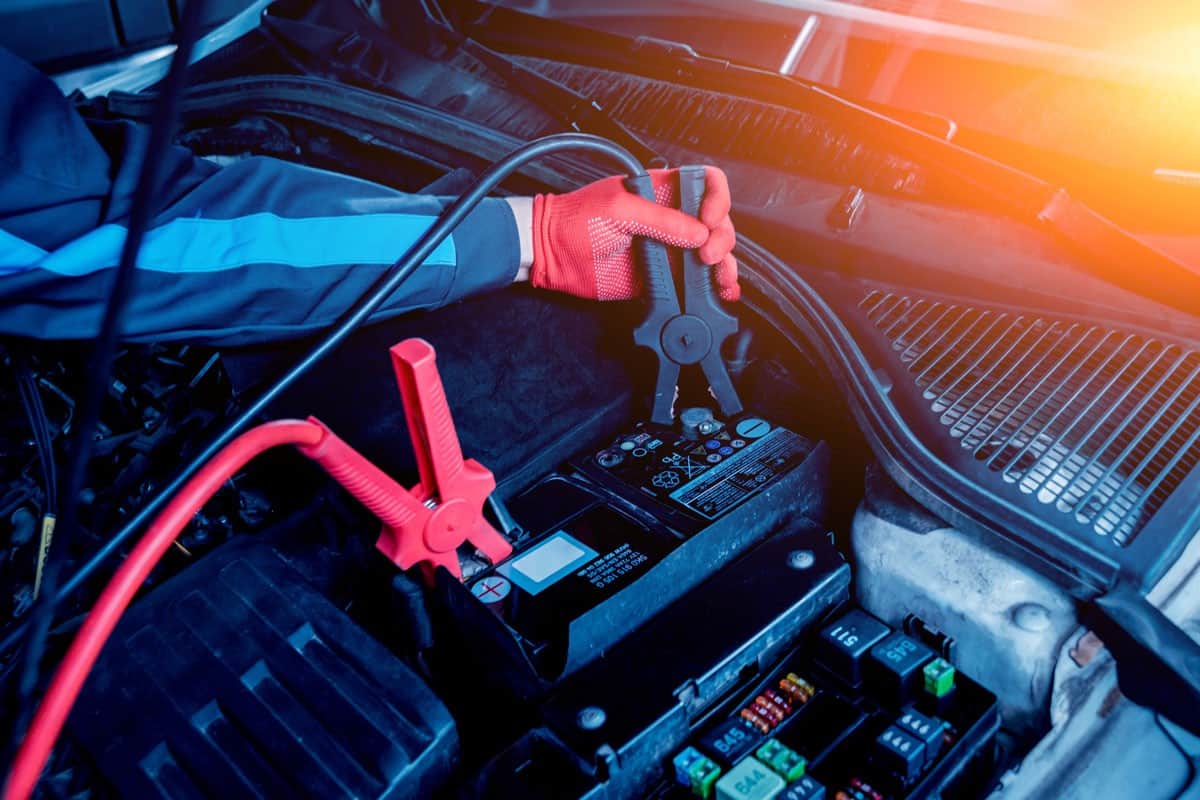
If your battery is past its expected life, immediately have it replaced. It is best to already have a new spare car battery on standby, particularly if you know that your battery is already due for changing.
Check out this car battery on Amazon.
Meanwhile, if the terminals are the issue, clean them with a battery terminal cleaner or a combination of baking soda and hot water. Before proceeding, make sure to detach the cables from the terminals first.
Check out this terminal cleaner available on Amazon.
With your desired solution, apply it to the cable's terminals and clamp. Use a brush or steel wool to clean the corrosion off the contact points. Dry the area with a towel.
Please watch the video below for a more detailed presentation on how to clean corrosion off your batteries.
Faulty Alternator
Another culprit as to why your F-150 refuses to start is a faulty alternator. Your alternator is responsible for charging your the battery while the engine is running. If it fails to charge your battery, your truck won't start.
The following are the most common indicators that your alternator is malfunctioning:
- Dim or over bright lights
- Dead battery
- Battery warning light on
- The smell of burning rubber
- Electric power fluctuates; features like power windows failing or flickering interior lights
- Whining noises
If you have an otherwise healthy battery, investigate the alternator. Eventual wear or liquid leaking directly into the alternator from the engine could cause malfunction or premature failure.
Avoiding Alternator Issues
Never miss periodic maintenance service (or PMS) dates. If you notice any leaking from your truck, especially if it is oil, immediately address it, as it may cause a faulty alternator.
Avoid always idling for a long time while using accessories like your AC, as this can cause premature alternator wear as it works harder every time you do this.
Replacing The Alternator
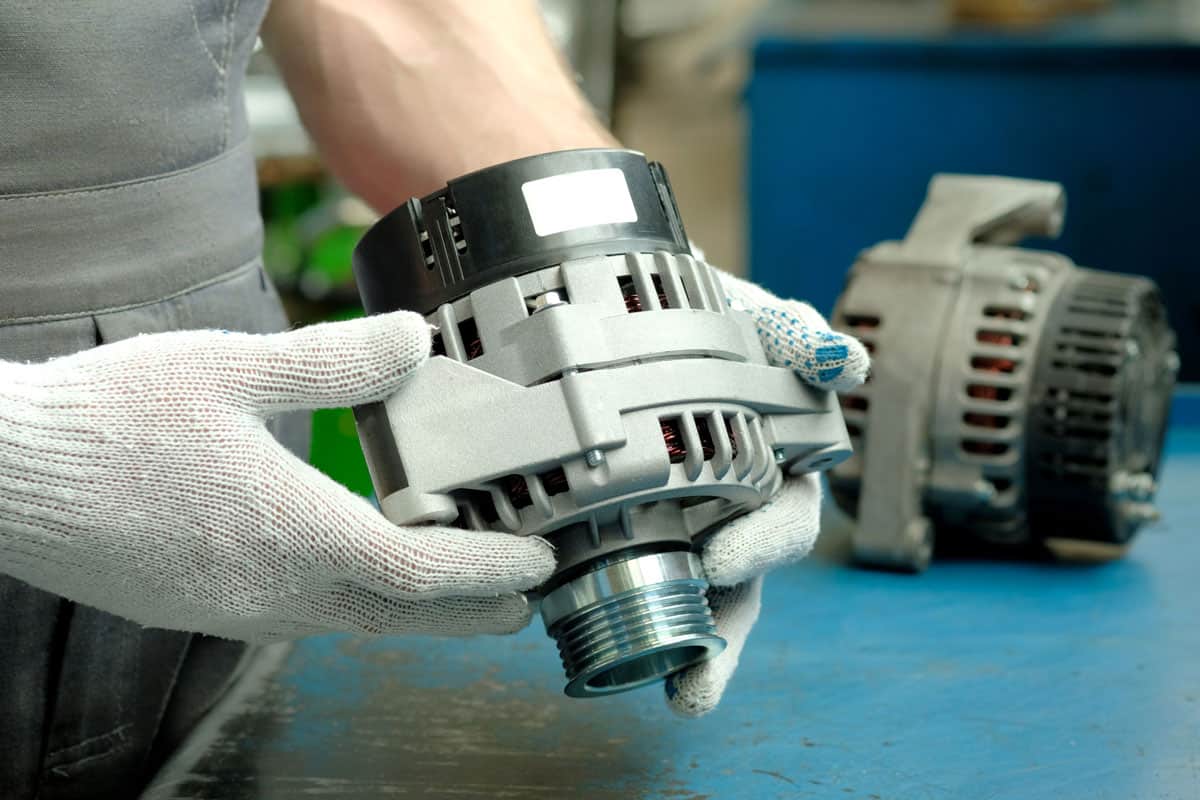
The only solution is to get a new alternator. This can cost you anywhere between $420 and $850. Please take note that prices may vary depending on your location and where you opt to have it repaired. Just make sure to go to a properly licensed mechanic to do the repairs.
Faulty Starter
Engine start-up begins with the starter. If it fails, your truck does not start. Typical wear and tear are the usual suspects to a failing starter. Prolonged and constant exposure to high temperatures will eventually deteriorate your starter over time.
As your car also ages, the teeth of the pinion gears, which are connected to the starter, will eventually wear out and fail to turn the engine's flywheel for it to start.
Some common signs that your starter has gone wrong are as follows:
- Slow cranking
- Headlights stay on
- Starter making grinding and/or whining noises
- Starter covered in oil
- Clicking sound
Avoiding Starter Issues
These types of parts are bound to break, especially on older cars. But general maintenance, especially with your vehicle's electronics, will help prolong your starter and other parts.
Replacing The Starter
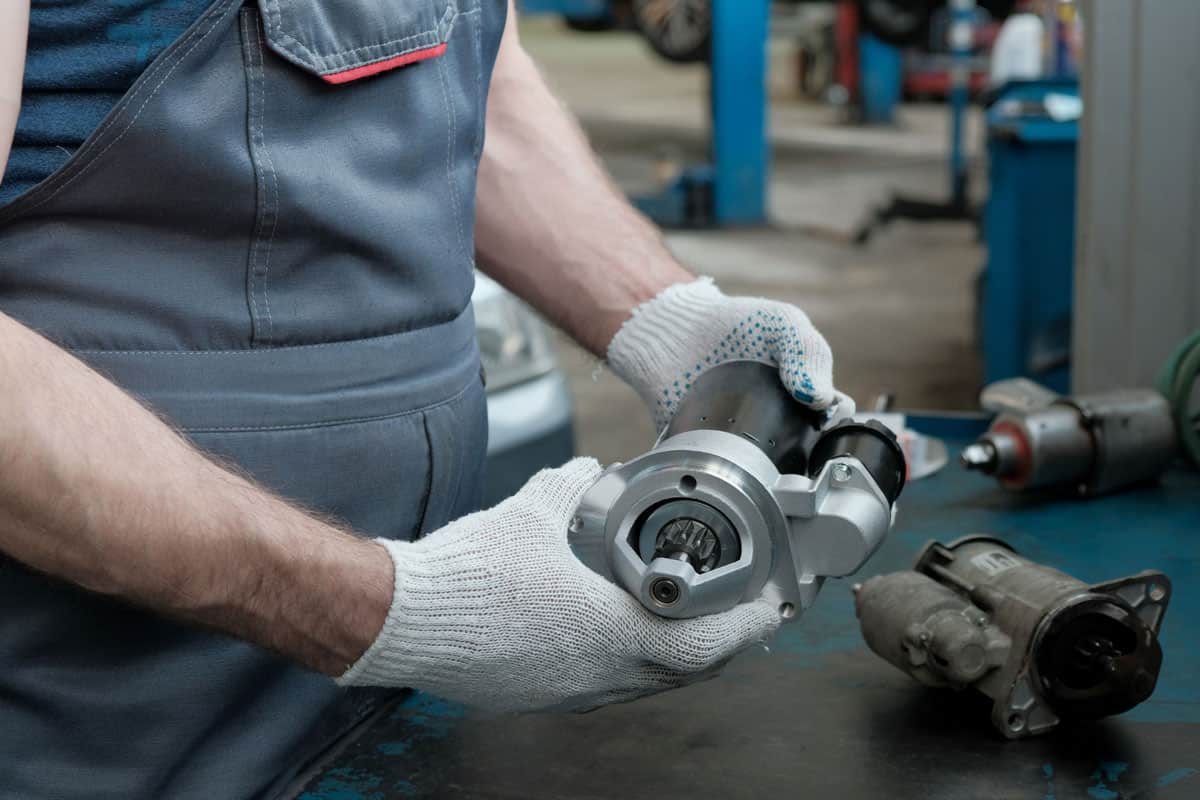
If you suspect your starter to be acting up, bring your car to the nearest auto repair shop and have your starter replaced. The thing with starters is that if they malfunction from time to time, you would still experience smooth start-ups.
Ignoring starter issues could present larger problems down the line. For the repair cost, you can expect anywhere between $80 up to northwards of $300.
Are F-150 vehicles reliable?
For the most part, F-150 trucks are reliable, especially with older models. For the present lineup, it gets a reliability score of 3/5 for most of its reviews.
On average, F-150 trucks tend to last about anywhere between 150,000 miles to 300,000 miles. This is pretty impressive, given that most of these trucks are usually used as workhorses, towing and hauling heavy loads.
With the proper maintenance and driving habits, your F-150 could easily surpass these numbers. For a vehicle to really last, this ultimately boils down to how it is used and how it is maintained.
You want to be careful with the towing and hauling limits of your F-150. For the 2022 model year, the F-150 is rated to tow 14,000 lbs and has a hauling capacity of 3,325 lbs, both of which Ford claims are best in class.
With this taken into account, make sure not to exceed these limits. Following the guidelines is best for engine an suspension longevity.
Does F-150 maintain value?
A new F-150 is expected to have a depreciation rate of 24% for the first five years of ownership from the day it was sold. If you bought the truck at a sticker price of $59,650, you could still sell it for $45,328 half a decade later.
But there will be many things to consider if you compare this to a real-world scenario. These numbers could fluctuate depending on the truck's condition, such as total mileage, cosmetic issues, repair history, and even legal documentation.
The F-150 remains the best-selling truck in America and has been on top of car sales for over four decades. The name Ford F-150 has already established itself as one of the most iconic and reliable vehicles in the automotive industry.
Here's A Quick Recap Of The Post
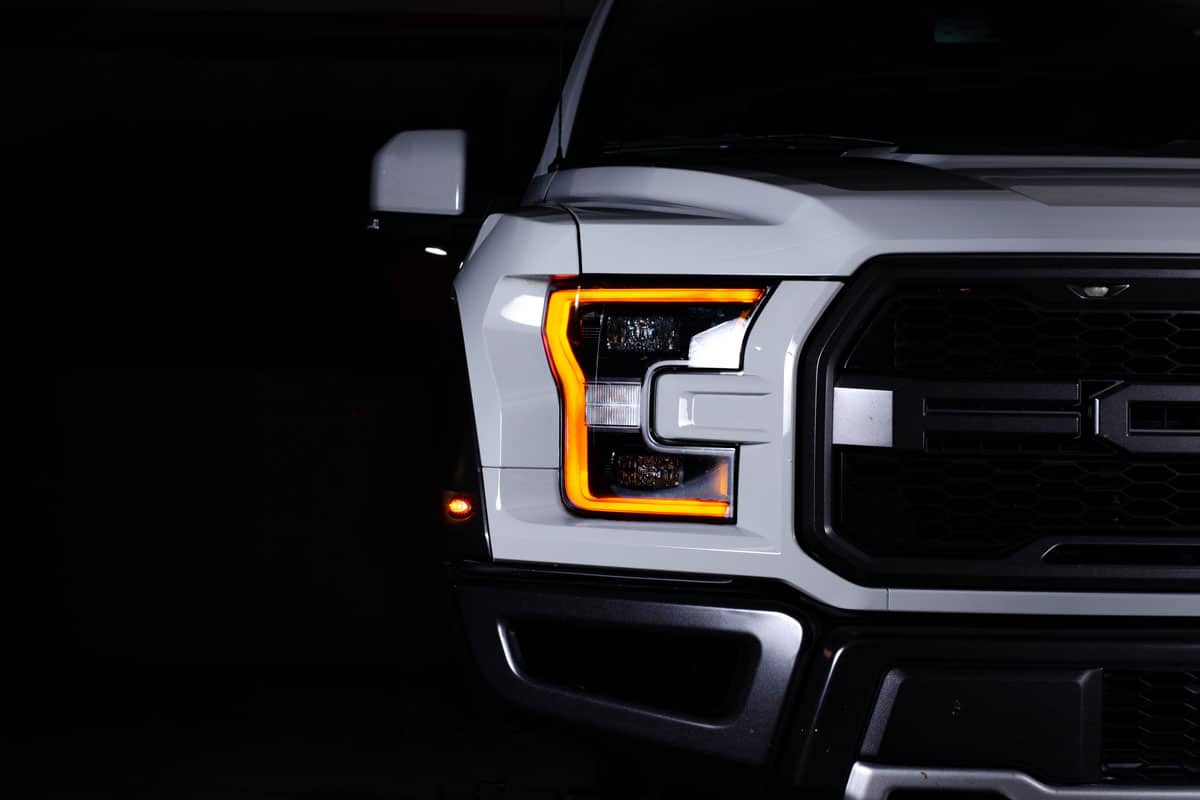
A truck that won't start can be a big problem. For the F-150, the usual culprits whenever it refuses to start are either a drained battery, a broken alternator, or a faulty starter. These parts are also the common cause of such problems in other vehicles as well.

